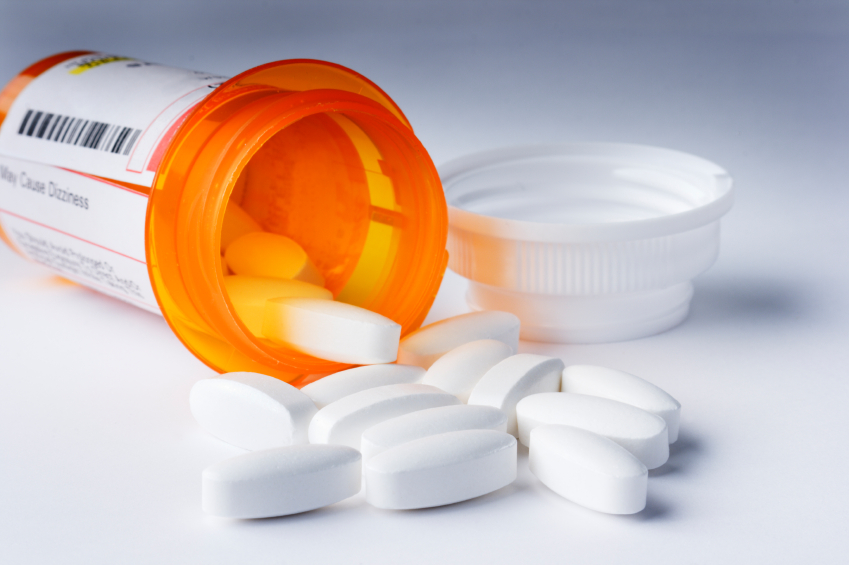Some big news for the healthcare industry today: The largest healthcare-focused legislation since the Affordable Care Act is moving forward.
The 21st Century Cures bill cleared the Senate today, after being passed in the House in November. President Obama has promised to sign as soon as the bill reaches his desk.
The $6.3B legislation will expedite FDA approvals for medical devices and drugs. It also includes major funding for several significant healthcare initiatives.
First, here’s where the money is going:
$500 million for FDA. The legislation aims to allow and fund FDA efforts to speed the arrival of diagnostic tools and disease therapies.
$1.8 billion for the Cancer Moonshot program led by Vice President Joe Biden.
$1.6 billion for the BRAIN Initiative, researching causes and treatments for Alzheimer’s disease, Parkinson’s disease, Post-Traumatic Stress Disorder (PTSD) and traumatic brain injury (TBI).
$1.4 billion for the Precision Medicine Initiative, which “aims to bring together NIH research with the Department of Health and Human Services (HHS), Department of Veterans Affairs (VA) and the Department of Defense to create tools and metrics by which health care providers can best access research to provide tailored health care treatments for their patients based on their personal medical history, including their genome sequence and microbiome composition.”
$1 billion to go to the states toward treatment and prevention of opioid addiction, as well as enhanced prescription-drug-monitoring programs and training for health care providers to better detect potential prescription drug abuse.
There’s more to unpack, as there always is with massive legislation…
For example, “The 21st Century Cures legislation gives the U.S. Government Accountability Office two years to report back to Congress on a number of tech-related topics: the impact of IT on patient safety, on health IT security, and, of particular note, improvements in matching patient records, reducing errors, and duplicating records.” This possibly opens the door for an HHS study on utilizing a unique health identification number.
Additionally, the bill creates “a reporting system to tap into stakeholder opinions about EHR usability, interoperability and security; drive better interoperability by, among other things, setting up a provider directory to facilitate data exchange and favoring exchange standards developed in the private sector.”
